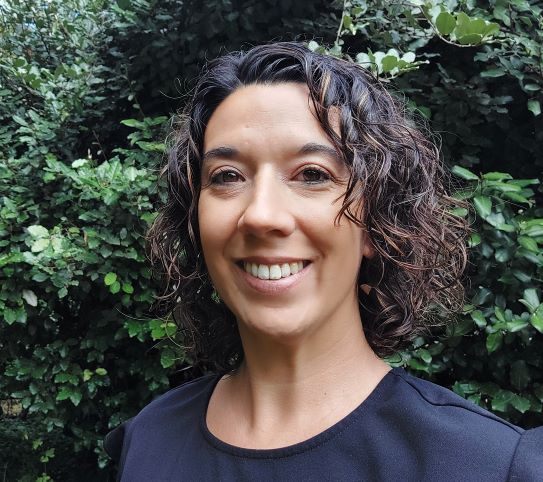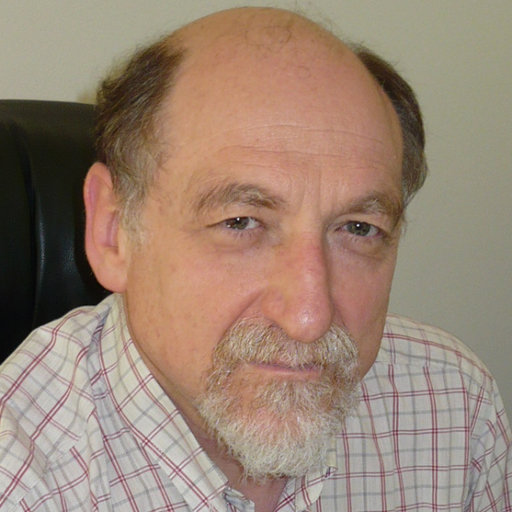Plenary Sessions
Invited speakers
|
Berta Barquero: Mathematical modelling as a research field: Transposition challenges and future directions Berta Barquero is an associate professor in mathematics education at the Faculty of Education of the University of Barcelona. Her research interests include the design and analysis of tasks and teaching devices to promote mathematical modelling, mathematics and interdisciplinarity; and research on mathematics at university levels, including teacher education for modelling. |
 |
Abstract:
The field of mathematical modelling – more broadly called applications and modelling – has contributed with significant advances to mathematics education research and educational practice over the last decades. This talk will focus on the recent evolution of this research field based on the experiences of CERME working groups. It will review the developments in the research questions addressed, as well as the processes of transposing modelling to classroom practice and teacher education. To discuss the foundations and developments of the existing theoretical approaches to mathematical modelling, the talk will emphasize the epistemological and didactic dimensions of the research problems. The ecological view and, more specifically, the conditions facilitating and the constraints hindering the dissemination of modelling, will be addressed to point out present and future directions of this research field.
|
László Lovász: Why is mathematics beautiful? László Lovász obtained his doctoral degree in mathematics from the Eötvös Loránd University. He was teaching at the University of Szeged, Eötvös Loránd University, and Yale University, and worked as a researcher at Microsoft Research and the Alfréd Rényi Institute of Mathematics. He served as President of the International Mathematical Union (2007-2010) and President of the Hungarian Academy of Sciences (2014-2020). His awards include the Wolf Prize (1999), the Kyoto Prize (2010) and the Abel Prize (2021). His field of research is discrete mathematics, its applications to the theory of computing, and its interactions with classical mathematics. |
Abstract:
For most people, mathematics is probably as far from beauty as you can get. But for most mathematicians, beauty is probably the most important feature of really good mathematics. Just like appreciating the beauty of modern art or music, one has to be able to look beyond the particular results, and learn to enjoy the beauty of mathematics, where unexpected interactions between seemingly very distant subfields pop up, beautiful geometric pictures are produced, and even applications to the real world have their aesthetics. The lecture will show a few examples.
Panel discussion
|
Bridging the research-practice gap Panel convenor: João Pedro da Ponte |
 |
Abstract:
Mathematics education is a discipline that aims to study the processes that take place in the teaching and learning of mathematics in order to improve them. There is no shortage of issues regarding these processes and research is making much progress in developing knowledge about them. However, the relationship between research and practice (as well as between theory and practice) is a longstanding issue in the mathematics education community. There are many pending issues regarding this relationship that deserve discussion. These include, for example:
- What progress are we making? Why is it so difficult to make real progress on this issue?
- How can practical needs inform research?
- How can we translate research findings to practice? How to translate findings into practical knowledge?
- How can we encourage teachers to participate in research? How to work with teachers as researchers?
Panel participants
- Jorryt van Bommel (Karlstad University, Sweden)
- Mario Sanchez-Aguilar (Instituto Politécnico Nacional, Mexico)
- Sarah Seleznyov (School 360, London, UK)
- Nada Vondrova (Charles University, Prague, Czechia)
- Stefan Zehetmeier (Universität Klagenfurt, Austria)
